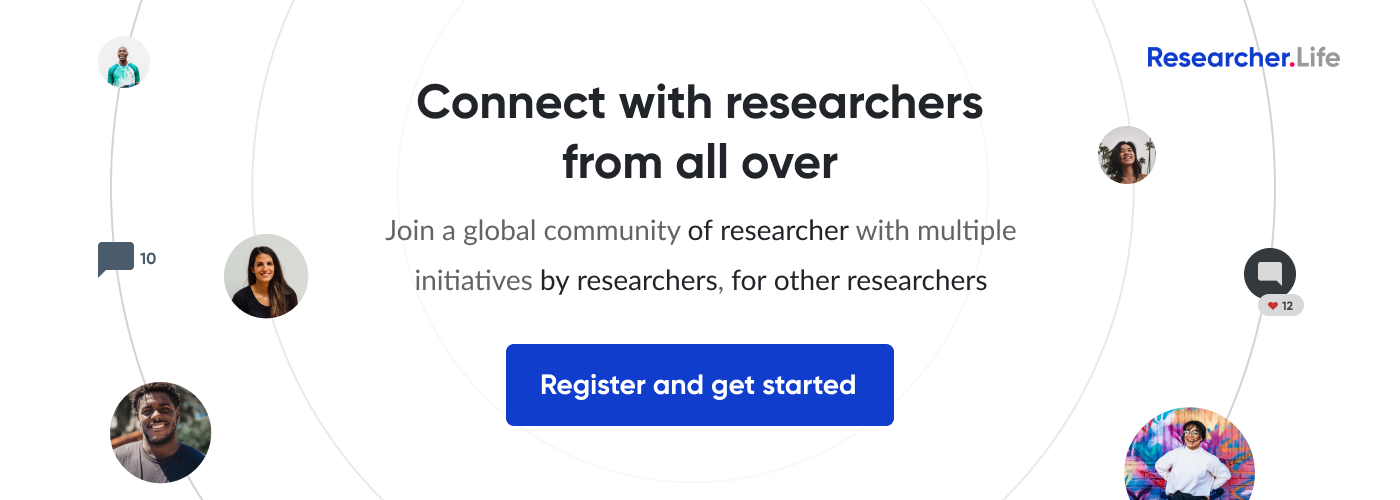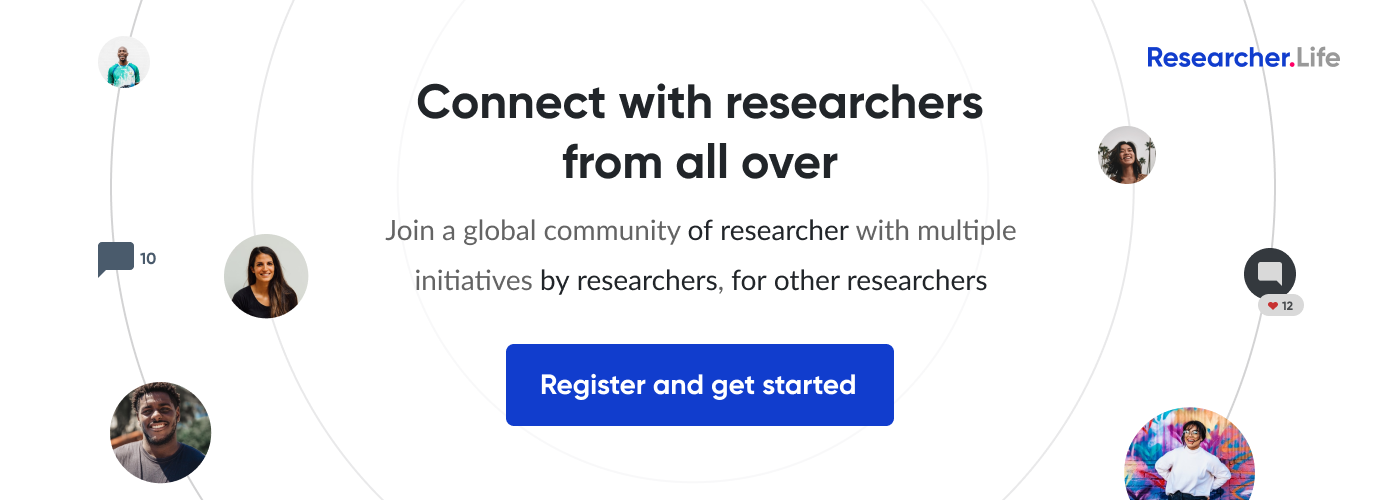Academic publishing and scholarly communications: Good reads, April 2016

What have the scholarly circles been discussing this month? If you feel you may have missed out on some of the buzz, we have you covered. This post shares some of the most interesting trends in academia this April. This month saw recurring deliberations on the evolution of peer review and its current state, the Sci-Hub initiative, career development of researchers, retraction, and so forth. Read on this curated list of articles that includes some of the top discussions.
1. The beginnings of the peer review system: Do you know how peer review evolved to its present form? Alex Csiszar, associate professor of the history of science at Harvard University, explains in a Nature article how peer review was troubled from the start and how “referee systems” transitioned into the “peer review” system of today.
2. Correcting the literary record: Retraction Watch reported the curious case of a journal that forced a researcher to retract her earlier publication because she wished to expand on some of the ideas in her previous paper. Hanna Kokko of the University of Zurich, Switzerland, co-authored a paper in 2016 in which she explained the errors she had spotted in the previous paper she had co-authored. This eventually led the journal to retract the paper, bringing into question whether retraction is the only way to correct the literary record.
3. Novelty underrated in research proposals: According to a recently published study, highly novel research proposals are being rejected because the academics evaluating these proposals are unable to fully comprehend or appreciate creative scientific ideas. Resultantly, researchers might prefer to focus on ideas that are easier to get funded. Such bias against novel proposals could potentially hamper breakthroughs and be damaging to the progress of science.
4. Science community’s reaction to the Sci-Hub initiative: In the article Who’s downloading pirated papers? Everyone, John Bohannon discusses why publishers are feeling threatened by Sci-Hub, the world's largest site that hosts pirated papers and gives researchers free access to over 50 million papers. While initially intended to benefit researchers from developing countries by helping them bypass the paywalls of for-profit journals, Sci-Hub is gaining popularity among researchers in the US and Europe as well. Many scholars support the initiative as they feel that companies should not make huge profits from research that scholars provide to them for free.
5. Imposter syndrome among academics: Beth McMillan brings into limelight the problem of ‘impostor syndrome,’ or the paranoia that a person is not worthy of his or her position, which is quite common among researchers. Many academics, even the successful ones, often feel that their success is a result of sheer luck or external factors instead of their own merits or hard work. The author discusses whether academic success would come easily to those who fight the syndrome or accept themselves as imposters.
6. Problematic images in biomedical papers: A recent analysis of biomedical papers revealed that around one in every twenty five papers, which is around 4% of all papers, includes problematic images. A group of researchers analyzed 20,621 research articles in multiple journals and found that although most image-related problems were not fraudulent, they misrepresented the experiments, suggesting that journals need to be more vigilant when reviewing papers.
7. Creativity and innovation in biomedical papers: Often, researchers are afraid to get creative when it comes to research, and this is exactly what Patrick Dunleavy, author of "Authoring a PhD Thesis: How to Plan, Draft, Write and Finish a Doctoral Dissertation," talks about in his article. He discusses how biomedical researchers can introduce creativity and innovation in their research by not being too worried about success or failure. In his article, he provides tips for creative thinking in biomedical research including taking the risk of trying to think innovatively, being alert for anomalies and paradoxes, reading a variety of different types of literature in the field (journals, blogs, etc.), and so on. He concludes saying that "Over time, the effort to think more creatively will hopefully pay dividends."
For regular updates on important happenings in the journal publishing industry, watch our Industry News section.
Did you read something interesting about academic publishing this month? And would you like to share it with our readers? Feel free to share your reading in the comments section below.
Published on: Apr 30, 2016
Comments
You're looking to give wings to your academic career and publication journey. We like that!
Why don't we give you complete access! Create a free account and get unlimited access to all resources & a vibrant researcher community.














